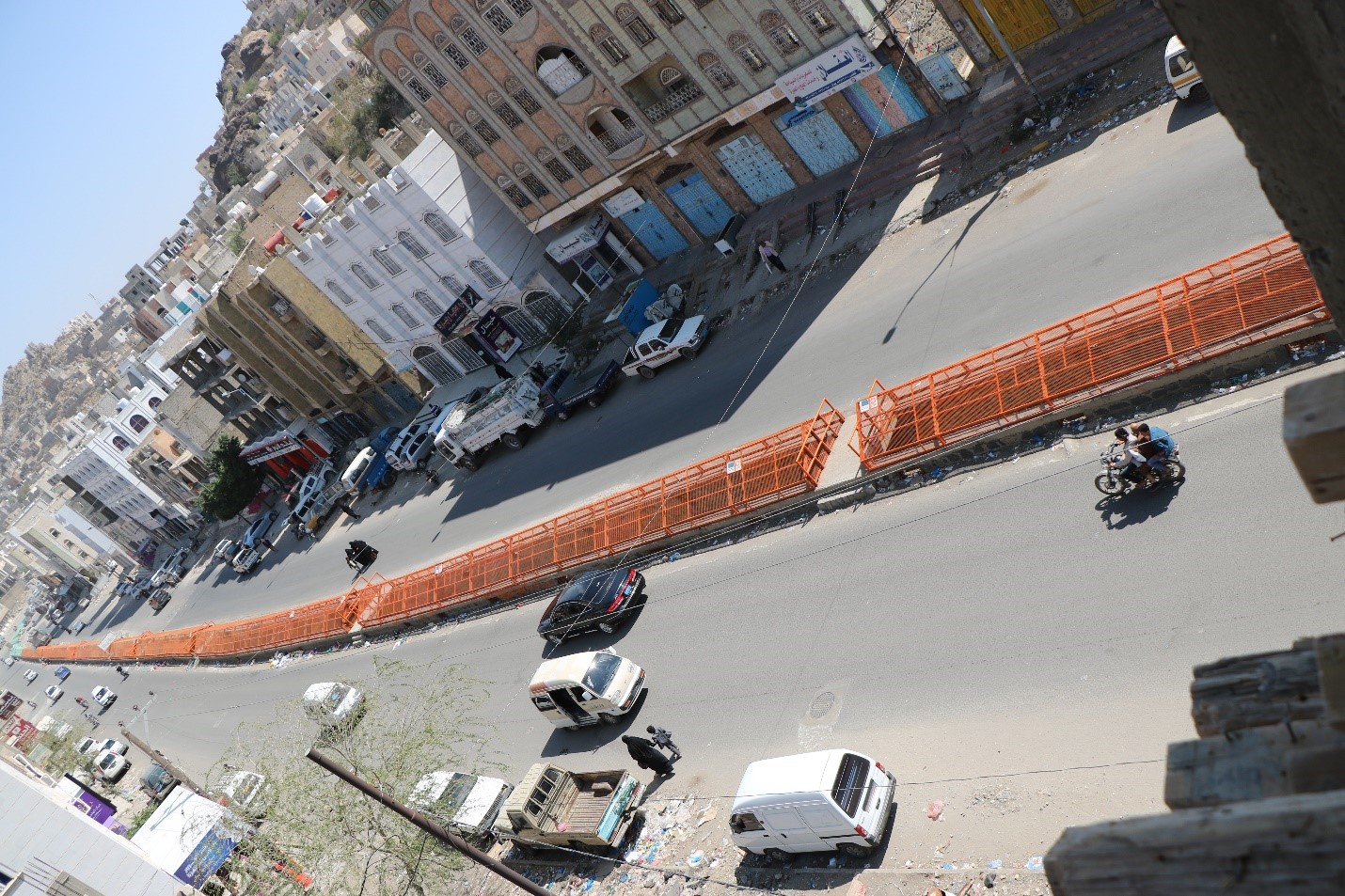Yemen is suffering the worst humanitarian crisis in the world caused by the six-year-long relentless conflict. The armed fighting has caused significant damage to essential infrastructure, including water and sanitation systems and health facilities. Access to basic services has been drastically reduced against a backdrop of increasing rates of food insecurity, malnutrition and near-complete economic collapse.
An estimated 15.4 million Yemenis, including over 3.4 million women and 8.4 million children, require support to meet their basic water, hygiene and sanitation needs. Only 9 percent of households across the country report garbage collection through a public system as local solid waste management providers operate irregularly due to the lack of resources such as fuel and salaries.
Thousands of residents of Taizz, to the southwest of Yemen, suffer from tons of garbage scattered in the streets, which pose numerous health risks for them. Residents used to throw garbage in rainwater drainage channels, making them a hotbed of deadly diseases such as cholera, dengue, malaria and diphtheria.
Waleed, 45 years old, is the director of maintenance and repair at the local authority in Taizz. Like the rest of the residents, Waleed used to suffer from garbage piles and bad odours. The rainwater drainage channels, located in the middle of the city, were filled with rubbish that affected the dense population there. “When it rains, rainwater drainage used to flow with dirty water and floating garbage,” Waleed says. “That was an awful environmental disaster.”
Taizz is the third-largest city in Yemen after the capital Sana’a and the southern port city of Aden. After the eruption of war in 2015, Taizz became a battleground and one of the hardest-hit cities in the country. In the past few years, Taizz witnessed high mortality rates caused by communicable and preventable diseases, including cholera and dengue fever. Last year, Coronavirus came on top of all, posing a new threat to local people’s health. “The cut-off street cleaners’ salaries worsened the garbage problem in our city,” says Waleed.
To create a clean, disease-free environment for residents of Taizz governorate, with funding from the European Union, CARE intervened in Salh, Al qahirah and Al mudhaffar districts by covering rainwater drainage channels, as well as supporting cleaning campings.
Through the project, street cleaners cleaned the city and received a weekly wage. A protective mesh cover for rainwater drainage channels was installed to prevent the accumulation of rubbish in the channels. The mesh cover covered 2554.80 square metres of Wadi Al Qadhi channel in Al Mudaffar district and 1,233.72 square metres of Al Najishah channel in Al qahera district.
“Our life has finally become healthier,” says Waleed. “Rainwater drainage channels are now clean and covered, and we don’t smell bad odours or have to walk on the dirt anymore. Now our city is clean and beautiful. We expect a decrease in the number of cholera cases and other epidemics after this intervention,” he concludes.




